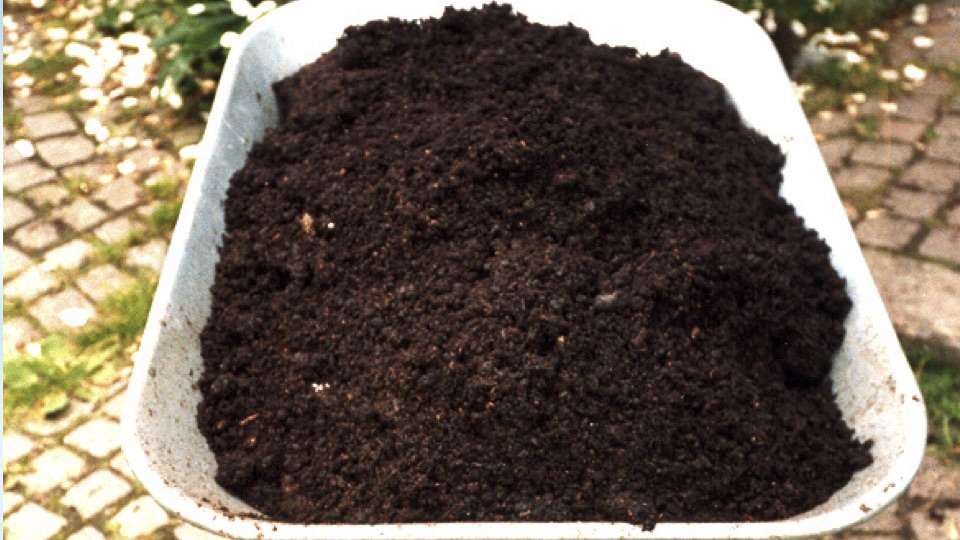For compost enthusiasts, there’s nothing more satisfying than seeing a myriad of garden clippings and kitchen waste transform into wholesome dirt for plants. To quote Michael Virga on the Million Tomato Campaign: “Chemicals in your garden? Why are we doing that when we have a natural source of fertilizer?”
Knowing these nutrients will be absorbed to form cells and particles of your garden greens is exciting. But are you harming your compost pile, without realizing it? These are 8 things you should not be composting:
Receipts and shopping bills
Thermal paper, used for receipts, is coated with BPA. This is the chemical that changes to black when exposed to heat, which is how your receipts are printed.
A review in the Dose-Response journal states that BPA forms non-extractable residues in the soil within 3 days. Accumulation of this chemical may hurt terrestrial creatures crucial to our garden, especially earthworms.
Tea bags
A long time ago, I discovered tiny mesh rags in my fresh compost. Then I realized they were my old breakfast tea bags. They didn’t break down.
Many tea bags (like mine, which appeared to be natural fibrous material) are made with polypropylene plastic. Some paper-based ones have plastic sealants. Always tear the bags and empty only the tea dregs.
Tiny stickers on fruits
Stickers should be made of something like paper, right? But no, the stickers on vegetables and fruits are made with vinyl, yet another plastic. Needless to say, it also has glue on the other side.
Those annoying things – argh, I have a personal vendetta against them ever since my neighbor’s garbage got into my compost – won’t ever, ever break down in the soil.
Disposable paper cups and plates
Paper disposables are an improvement from the plastic ones, but not far off. The inner side is lined with plastic to prevent liquids from soaking through when used. But this makes it no longer suitable to compost and recycle.
Family gatherings? Bring out the stainless steel cutlery and ceramics.
Colored paper
During the coloring process, synthetic dyes or pigments are added to the pulp before making them into sheets of paper. We did not come this far to destroy our healthy, microorganism-active compost pot with industrial dyes!
Used paper
Although “soy-based and vegetable-based inks” are safe, mere mortals like us are unlikely to know whether all inks are 100% non-toxic for composting purposes. (I doubt whether the company’s customer service knows. How could the manufacturers produce the inks with compost in mind?) Papers crisscrossed with highlighters, doodled with markers and colored gel pen inks are better off recycled instead.
Degradable plastic bags
Biodegradable plastic breaks down, so it should be safe, right? Sadly, the reality is that most biodegradable plastic bags only degrade in industrial facilities. Our home compost bin certainly isn’t that high-tech yet!
Oxo-degradable ones disintegrate into weird powdered pieces at room temperature. No plastic magically disappears in an eco-friendly manner.
Treated wood
An article in Compost Science & Utilization explains that treated wood contains potential contaminants, such as arsenic and lead from paint, as they’re chemically processed to extend its lifespan. For your compost pile, stick with garden branches and tree bark.
Let’s end with a good rule of thumb. When in doubt, ask yourself, “Can this thing materialize in nature by itself?” If yes, it’s safe to compost. When the item is a manufactured product, consider ideas to recycle or upcycle it.
Happy composting!
-Denise Lim
Photo: Wikimedia Commons



Thank you for these things to never throw Into your compost pile. A good post 😊
Thanks, Asitha! I just to check out your cool sustainability blog too! 🙂
You are welcome! 😊